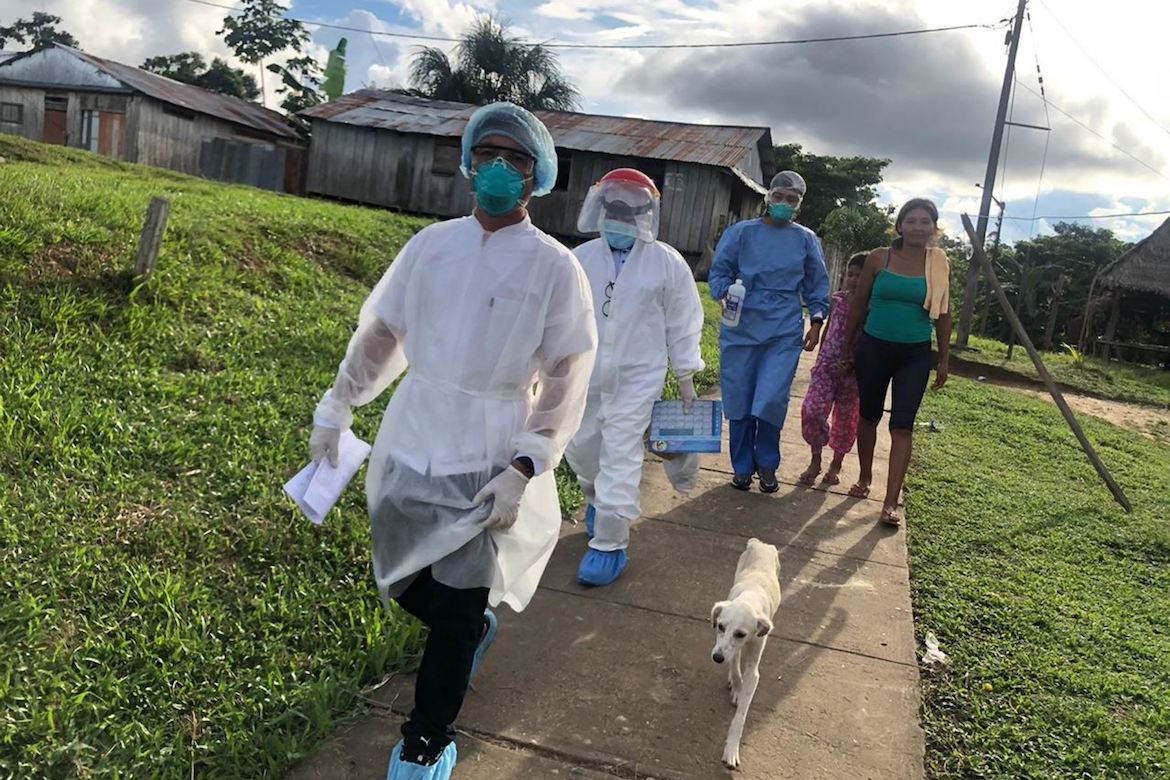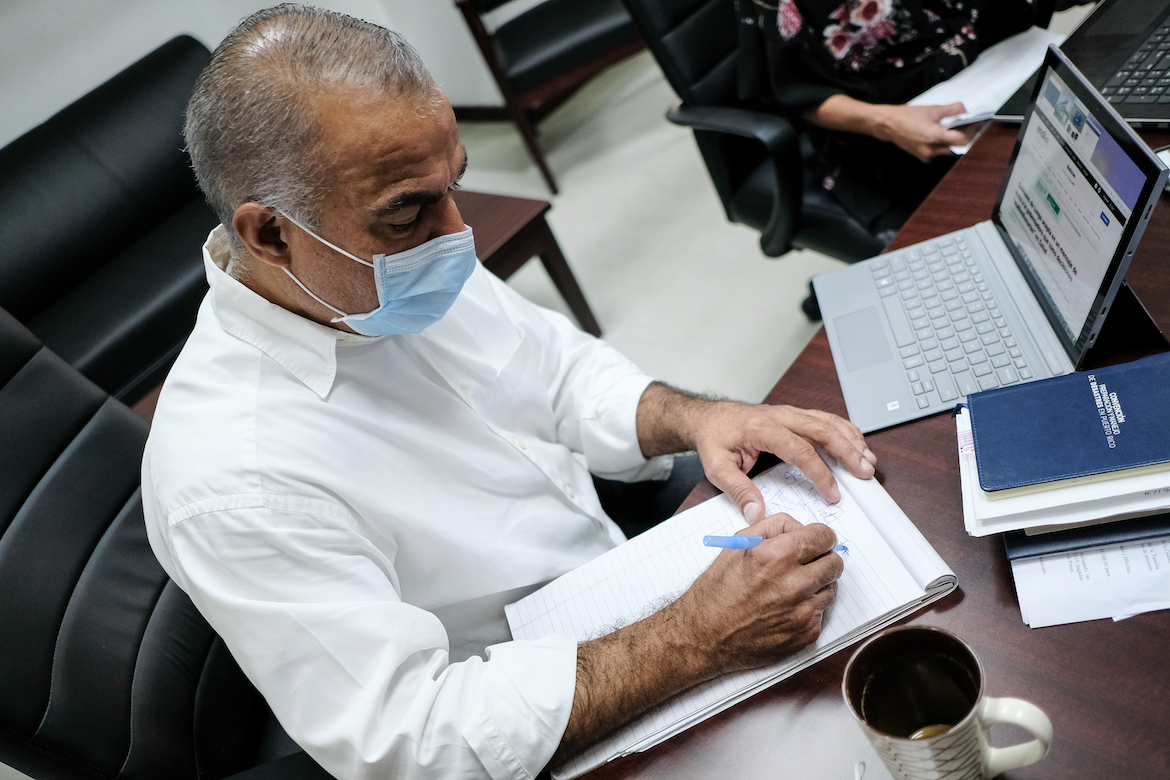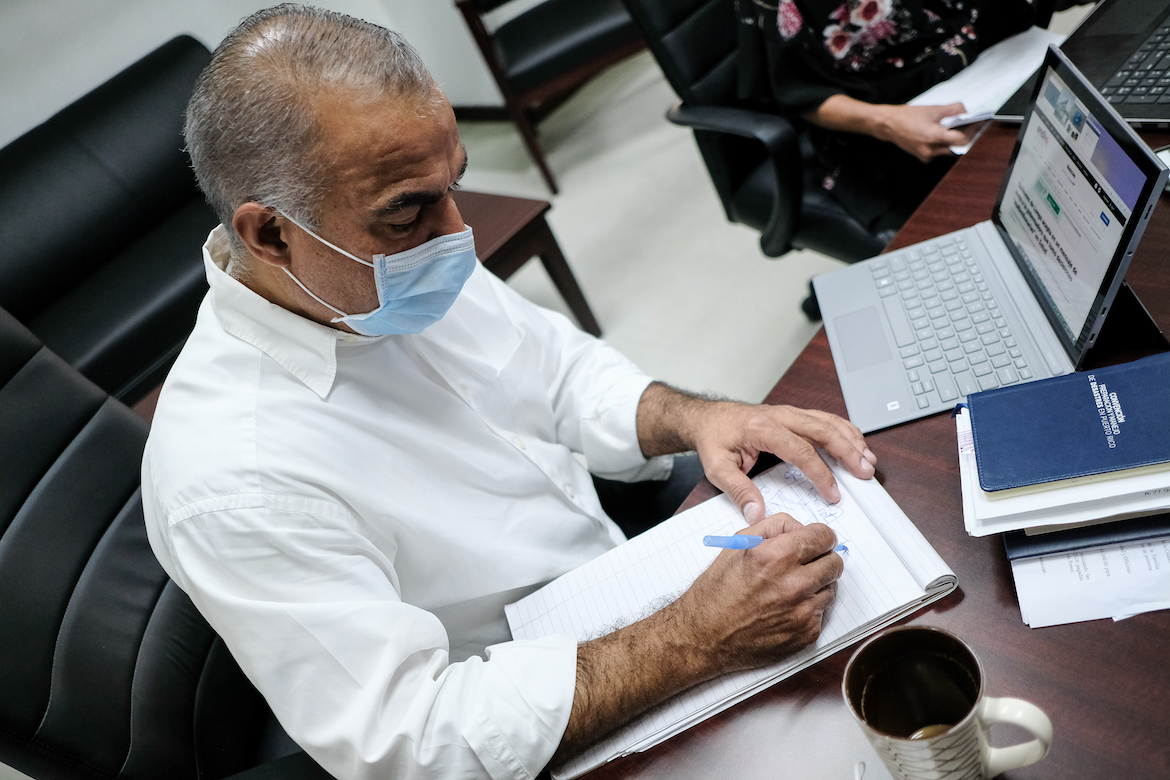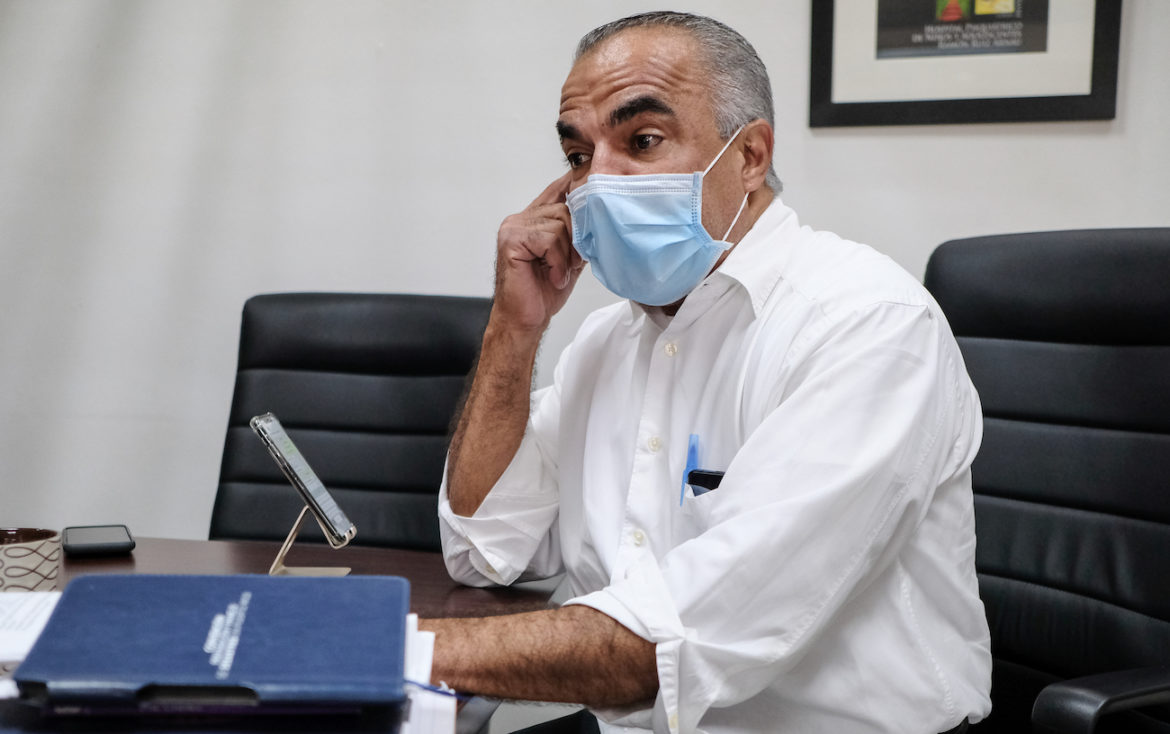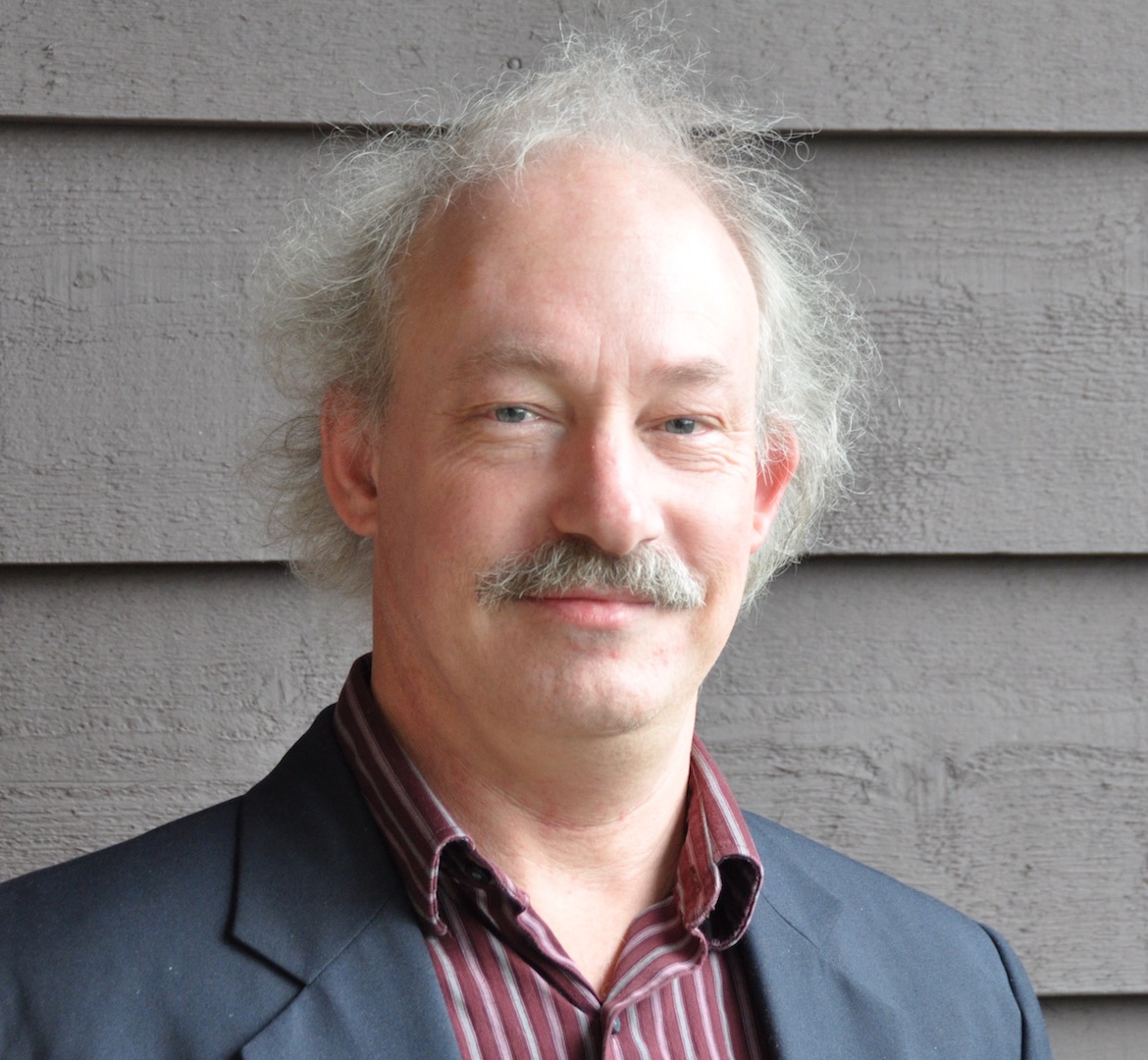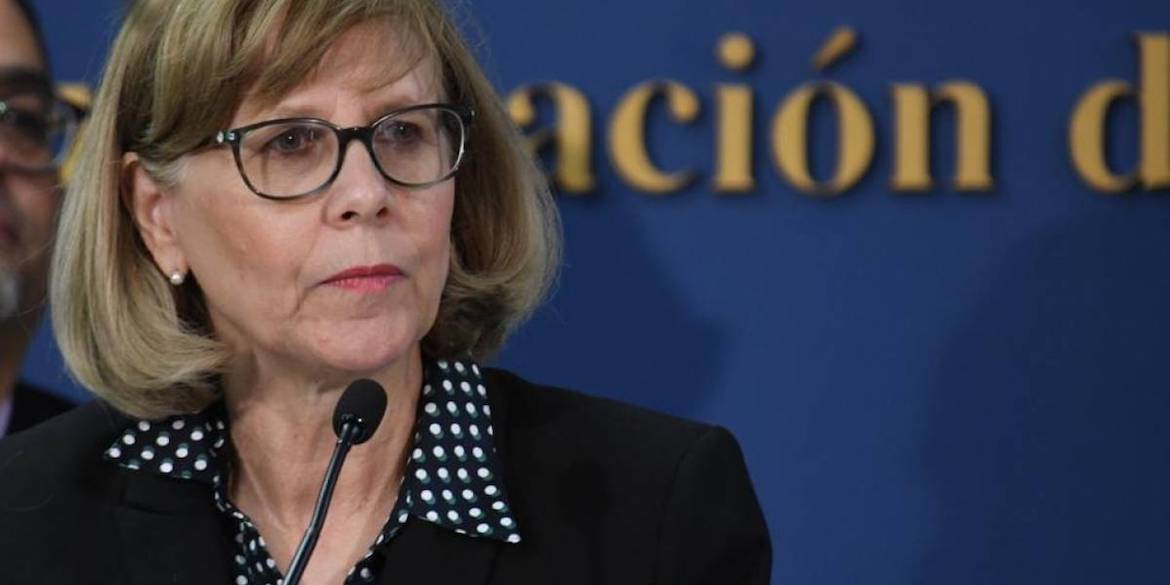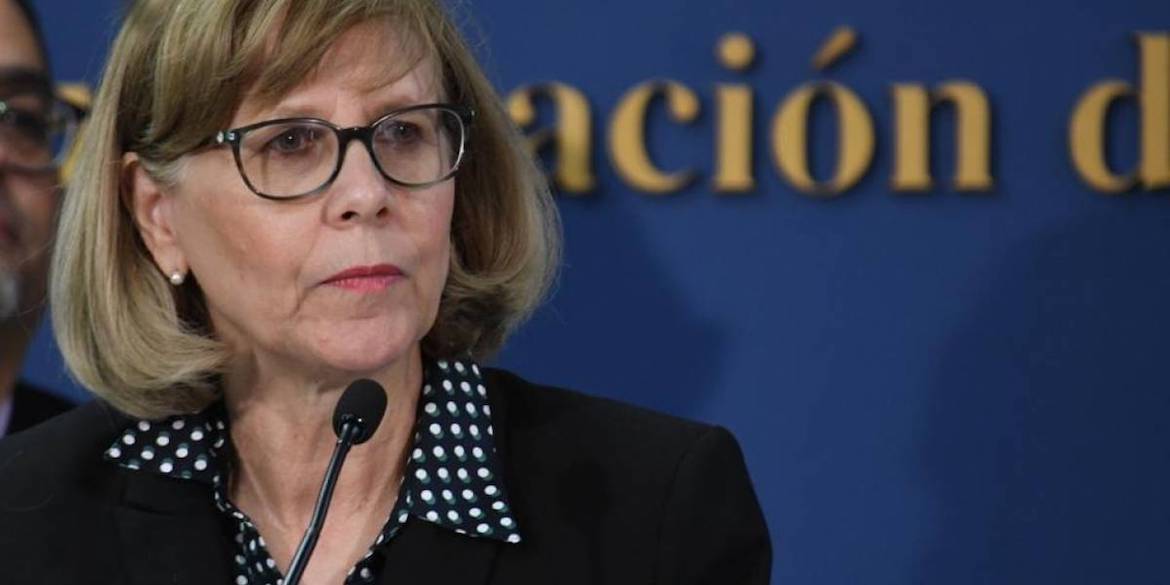Coronavirus
Pruebas rápidas y falsos negativos: las estrategias de Puerto Rico y Perú frente al COVID-19
|
El último 26 de abril, la ciudadana peruana Miriam Grace presentó los primeros síntomas de COVID-19: dolor de garganta, acompañada de tos y fiebre. La alerta se encendió cuando, el 2 de mayo, su hermana María del Carmen y sus sobrinos Santiago y Antonella también registraron sus primeros síntomas, que iban desde las náuseas y vómitos hasta la pérdida del gusto y del olfato, según los informes oficiales del Ministerio de Salud del Perú y las entrevistas que el Centro de Periodismo Investigativo y Ojo Público realizaron a la familia. El 4 de mayo, Juan Francisco, padre de Miriam y María del Carmen, cayó enfermo con una tos recurrente, y el sábado, 9 de ese mes, el virus cobró la única víctima mortal de esta familia, que compartía un mismo hogar en la región de Piura, al norte del Perú. Edith, quien era la matriarca de esta familia piurana, falleció en su casa a causa de una infección por COVID-19, según el certificado de defunción. A causa de este deceso, el Ministerio de Salud de Perú acudió al hogar de Edith para realizar una prueba rápida de anticuerpos a las cinco personas que tuvieron contacto directo con ella durante los últimos días de su vida.


